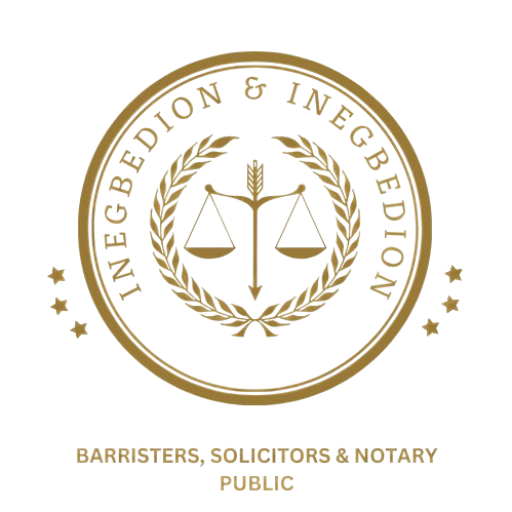Understanding the Differences Between a Business Name and a Company in Nigeria
Starting a business in Nigeria requires making key decisions, one of which is whether to register your entity as a Business Name or as a Company. Both options have their legal, operational, and financial implications. This article breaks down the differences to help you make an informed decision.
1. Legal Status
- Business Name: A business name, also known as a sole proprietorship or partnership, does not have a separate legal identity from its owner(s). It is essentially an extension of the individual(s) running it. This means that the owner is personally liable for the debts and obligations of the business. In the eyes of the law, the business and its owner are the same.
- Company: A company, on the other hand, is a separate legal entity from its shareholders or members. It is recognized as a “person” in law, capable of owning property, incurring debt, suing, and being sued. This distinction protects the personal assets of the shareholders; they are only liable for the amount they have invested in the company.
2. Ownership Structure
- Business Name: A business name can be registered by a single individual (sole proprietorship) or by two or more people (partnership). There is no legal distinction between the business and its owners, so all profits, losses, and liabilities fall directly on them.
- Company: A company can have a more complex ownership structure. It can be a private company limited by shares, where the liability of shareholders is limited to their shareholding, or a public company, which can sell shares to the public. Companies can also be limited by guarantee, or be unlimited companies, depending on their objectives.
3. Registration Process
- Business Name: The process of registering a business name is relatively simple and less costly. It involves filling out forms with the Corporate Affairs Commission (CAC), providing the required documents, and paying the registration fee. The process is straightforward, making it a popular choice for small businesses and startups.
- Company: Registering a company involves a more detailed process. It requires the preparation of several documents, including the Memorandum and Articles of Association, the appointment of at least one director, and the issuance of shares. The process also involves higher registration fees and possibly professional fees if you choose to engage a lawyer or an accountant to assist with the process.
4. Taxation
- Business Name: A business name is taxed on the income earned by the owner(s). The profits of the business are considered the personal income of the owner(s) and are subject to personal income tax. This means that all profits are taxed at the individual’s tax rate, which can vary depending on their total income.
- Company: Companies are subject to corporate tax on their profits. In Nigeria, the corporate tax rate is generally lower than the top personal income tax rate, which can provide a tax advantage for larger businesses. Additionally, companies can benefit from various tax incentives and deductions that are not available to sole proprietors or partnerships.
5. Continuity and Succession
- Business Name: Since a business name is tied to its owner(s), it often ceases to exist when the owner retires, passes away, or decides to close the business. The business’s continuity is directly dependent on the owner’s involvement.
- Company: A company has perpetual succession, meaning it can continue to exist even if the shareholders or directors change. The death or withdrawal of a shareholder does not affect the existence of the company. This makes it a more stable option for businesses looking for longevity.
6. Raising Capital
- Business Name: Raising capital can be more challenging for a business name. Since it lacks a separate legal identity and is considered less formal, banks and investors may be reluctant to provide substantial funding. The business relies heavily on personal funds or loans secured by the owner(s).
- Company: Companies have more avenues to raise capital. They can issue shares, borrow money, or attract investment more easily. The separate legal status of a company provides more security to investors and creditors, making it a more attractive option for raising large sums of money.
7. Regulatory Compliance
- Business Name: Regulatory compliance for a business name is less stringent. The main requirement is to ensure that the business name remains registered and that any necessary annual returns are filed with the CAC. The compliance burden is generally lighter, with fewer statutory obligations.
- Company: Companies have more regulatory obligations, including holding annual general meetings, filing annual returns, keeping proper books of accounts, and complying with various corporate governance codes. While this ensures transparency and accountability, it also means higher administrative costs and responsibilities.
Conclusion
Choosing between registering a business name and a company in Nigeria depends on your business goals, the scale of operations, and your long-term plans. A business name might be suitable for small-scale enterprises or those testing the waters. In contrast, a company is ideal for those seeking to build a larger, more formal, and scalable business.
It’s advisable to consult with legal and financial professionals to ensure that your choice aligns with your business objectives and complies with Nigerian laws.
Please click here to contact us if further questions are necessary.

